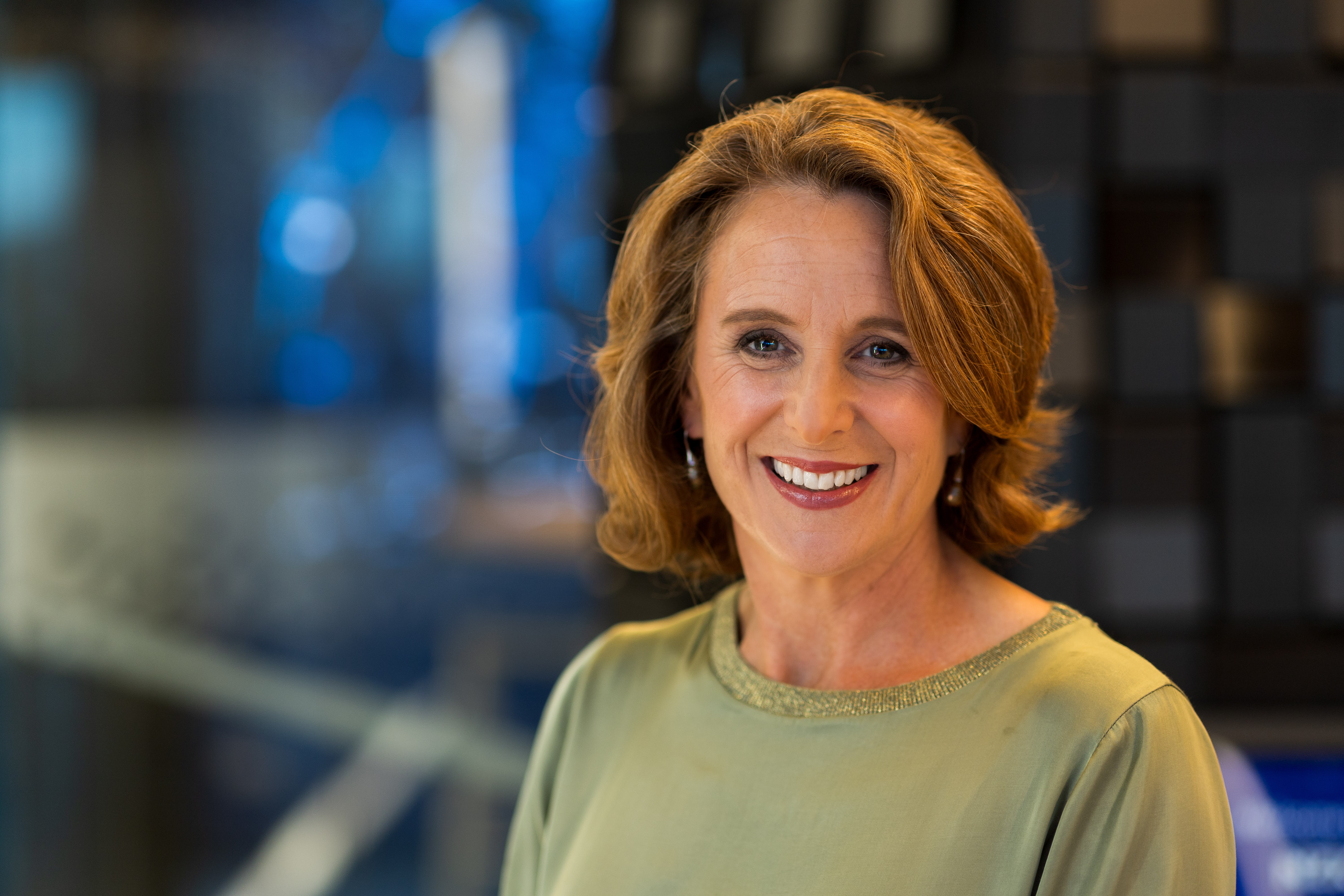GoodReturns TV
KiwiSaver fees: Paying for performance
Friday 13th of October 2017
In a recent whitepaper, ANZ said a growing focus on fees, particularly from younger investors, was a concern.
ANZ general manager wealth and products Ana-Marie Lockyer said instead of focusing on finding the lowest fees possible, KiwiSaver members should look at what returns were being generated, after fees were taken out.
“Net returns – that’...
Want to read the full article?
Click the button below to subscribe and will have unlimited access to full article and all other articles on the site.
Latest News
3 min read
2 min read
2 min read
Latest Comments
Co-payment decision wasn’t made lightly, nib CEO says
The COFI amendments introduce an interesting dimension to the co-pay decision and other policy changes/premium increases. Financial Institutions (FIs) are now required to treat customers fairly, and have policies, procedures, systems and controls in place to ensure they do so. Presumably “not taking the decision lightly” included nib running this through their Fair Conduct Programme to ensure compliance (whatever that looks like).
Obligations under COFI include ensuring products and services are likely to meet consumers’ requirements and objectives (FMCA 446C(2)(d)), with regular reviews to ensure those products and services are likely to continue to meet those requirements and objectives 446J(1)(b)(iv). With one important qualification: FIs can view consumers “as a group”. Aim for the greatest fairness for the greatest number, knowing that this will result in unfair outcomes for some.
The “What” of the changes (the co-pays, premium increases, and removal of benefits) probably passes this test. But I think there is another interesting COFI issue lurking in the shadows, which I’ll call the “Who” problem. Who do these changes apply to? There are 3 main changes, which don’t apply to all policy holders equally.
1. Removal of benefits applies to non-guaranteed wording policies only (although I still detect some nib confusion around the Major Medical product without the optional Deluxe benefit).
2. Premium increases are one % for UH/UHM, another % for all the rest of retail, and TBC % for PHB groups.
3. PHB group will get 2 options – priced with or without the 20% co-pay.
Who gets to keep their policy wordings? Easy; this grouping was decided when the contract wording was finalised. Who gets the larger premium increases, and Who gets the option of “buying out” the co-pay? Here, things get interesting. Has nib acted unfairly by increasing some premiums by more than others, or by restricting the “no co-pay” option to Group only? Maybe, maybe not.
What does COFI have to say on this matter? Nothing useful, on my reading. There is a clear requirement to treat consumers fairly when viewed as a group. However, there is no guidance/restriction on how to fairly divide customers into groups in the first place, and we should not assume that FIs will be making these groupings for the benefit of customers.
If I’m a nib customer getting a 33.6% increase, it’s little consolation that everyone else in my group is in the same boat. I want to know why I’m not in the other boat, getting a 22% increase. Come to think of it, why are there 2 boats, rather than 1, or 3? Why aren’t there 7 boats across 13 product lines, like there used to be (March 2018)?
3 months ago Paul Flood
Partners Life hikes premiums again
It appears that Partners Life is heading down the unbundling route with their Private Medical Cover. It will be very interesting to see the pricing impact of removing various options.
2 of the options - the Guaranteed Wording Option and the Non-Subsidised Drugs Option - are what many would consider indispensable features.
Fortunately for their current and future clients, Partners Life now sees things differently. The market needs more long-term affordability measures, and modularity is one way of achieving this (so long as premium savings fairly reflect the loss of coverage).
3 months ago Paul Flood
Co-payment decision wasn’t made lightly, nib CEO says
@JP, Change of leadership and management is not a sound reason for trust, but more for suspicion.
Given how Southern Cross have treated advisers over the years, I am always curious about their style and attitude toward us. Likewise, senior folk from banking over the years. Southern Cross have a terrible reputation for adviser consideration. They begrudingly concede we exist.
There is no way of packaging this major change as it's ok or, oh well, let's just see! Putting aside this change, I would suggest NIB are under-resourced, likely not allowed to spend money to fix this as Ausy won't agree, and the current management I would probably be best to stay away from commenting on.
A tip for them could be to treat advisers with respect as adviser delivered business can help you out of a spot. Treat advisers with and as a trading partner and together we can trade through. If they do not at least apologise for how this has been landed on us and how this has been communicated, then they really are stupid and this change will not be taken lightly!
3 months ago Darryl Scott
Co-payment decision wasn’t made lightly, nib CEO says
@Keep things simple - You make a great point about giving policy holders options. However, reading between the lines, this is not a customer focussed initiative. It is purely an attempt to improve shareholder return at the customers expense. I doubt that the customer ever came into consideration otherwise this decision would not have been made in the current format.
It will be interesting to see how shareholder return looks when only the unhealthy are retained be NIB with all others moving elsewhere.
3 months ago Brian Gillatt
Co-payment decision wasn’t made lightly, nib CEO says
@Best advice, I agree with you, and that was also part of the message I delivered in my meeting with Skye. There is a massive trust issue, and service levels are appalling. It has resulted in a direct 4-fold increase in my business's service delivery.
At the same time, I have clients with nib who have no other alternatives, so we must work with nib to reshape their current situation and demand improvement for the sake of these clients.
Will nib get new clients from me? No. Not until I see a significant change in service delivery and rebuilding of trust.
Our industry operates on trust, and I'm only speaking out to give them a chance, given the complete change in leadership and management.
However, knowing our industry, nib will only get one shot at this.
3 months ago Jon-Paul Hale







![[GRTV] Antipodes portfolio manager discusses emerging markets fund's potential amid volatility](https://goodreturns.publit.io/file/c_fill,w_300,h_200/f334fa41-3f03-494a-bd27-d08ecd6841c1.webp)
![[GRTV] Stronger and more unified voice needed to force KiwiSaver changes](https://goodreturns.publit.io/file/c_fill,w_300,h_200/47eeacf5-8804-4c31-b875-3abc946d7cf6.webp)